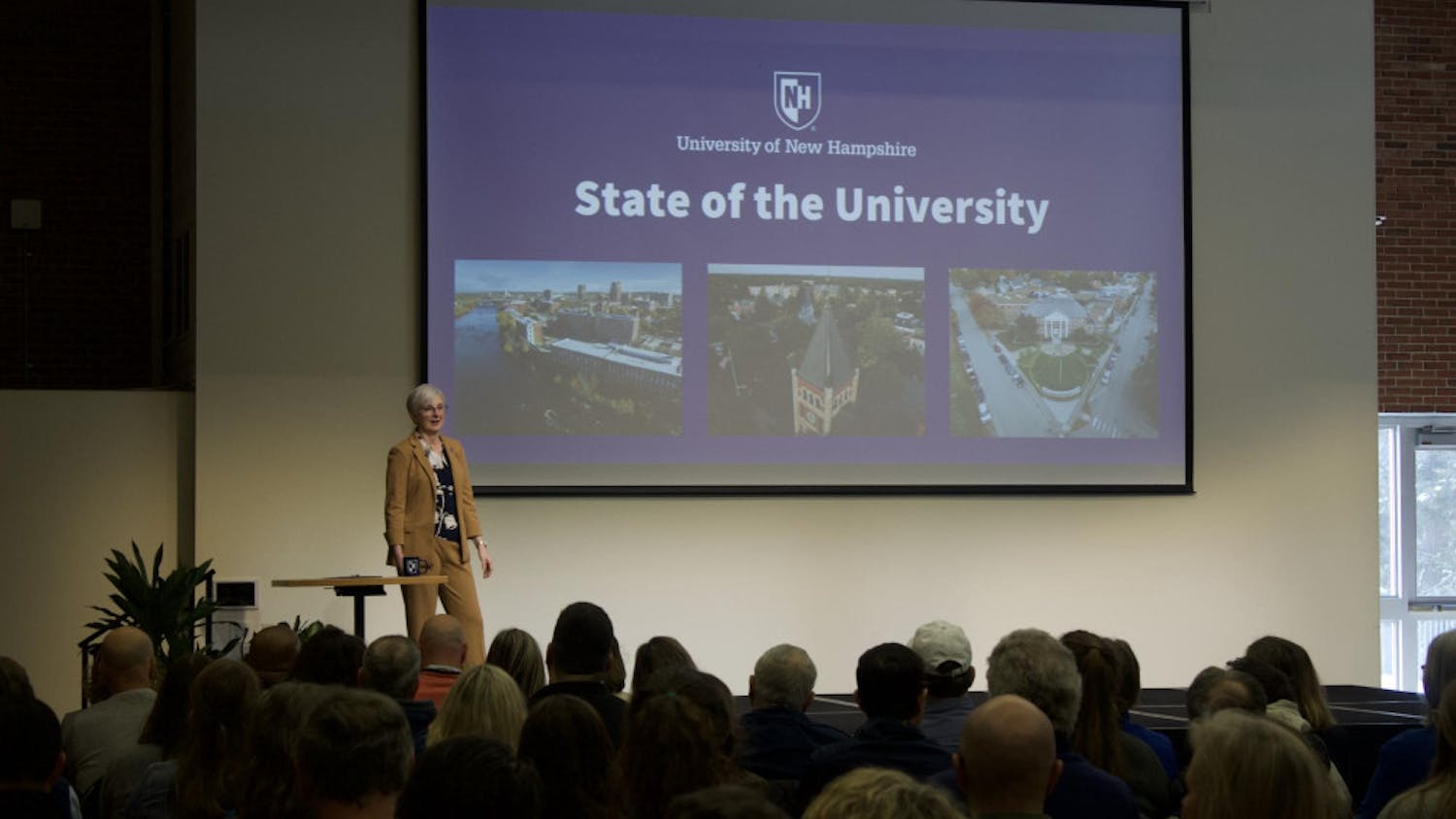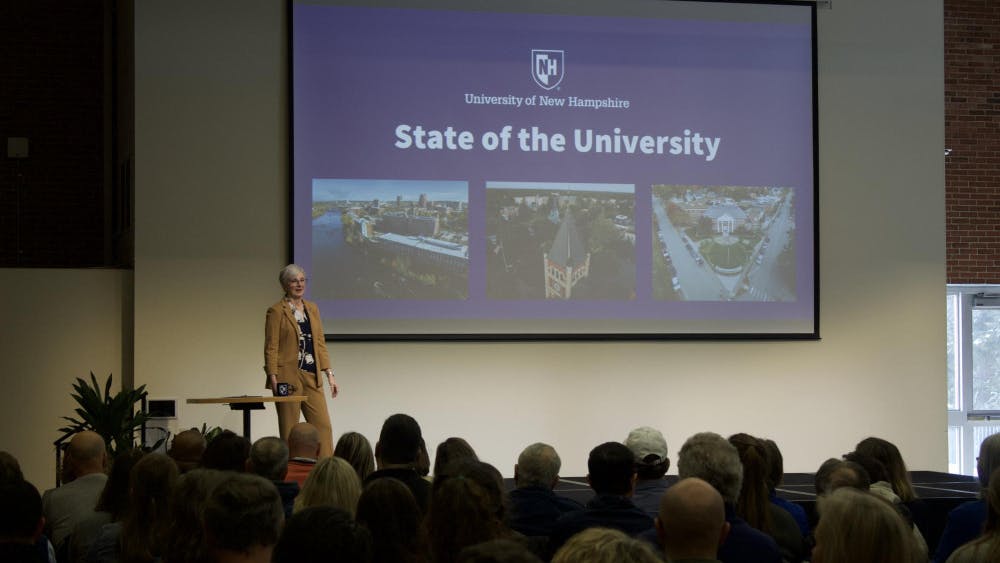By Elizabeth Haas, Contributing Writer
The only thing freshman Jimmy Bowden’s father makes him do is vote.
On Nov. 4, Bowden joined other students at the University of New Hampshire in having the opportunity to cast their ballots in the nation’s election process. Buses transported students to Oyster River High School, where polls were open from 7 a.m.-7 p.m.
“I don’t know enough about the candidates,” Bowden said; he would not have voted if he felt he had a choice.
“It’s a personal decision,” said senior Meghan Thornton. “If you feel informed enough, you should.”
Thornton cast her vote for Jeanne Shaheen for U.S. Senate. She felt that Shaheen had a better understanding of New Hampshire politics than Scott Brown, and agreed with Shaheen’s support of women’s rights. Thornton made her decision after discussing what she had heard on the news about both candidates with her friends.
Sophomore Conor Demmons did not vote. He said he had a busy day and did not know who to vote for.
“I like both candidates to be honest,” Demmons said, referring to the Scott Brown and Jeanne Shaheen race for Senate.
He made his decision based on information he read online and in fliers. Many of his friends are not voting either.
Junior Andrea Kabala also did not vote, but only because she had to work.
“Otherwise I would,” she said.
Kabala supported Brown for Senate. As a political science major, Kabala had been keeping up with the race by visiting online newspapers to gain information about all of the candidates. She believes that students should exercise their right to vote.
“You can’t complain about who is in office if you don’t vote,” Kabala said. However, she also thinks students should be educated on each candidate’s stances before they go to the polls.
“You can’t just go for someone who looks nice that’s not helpful,” Kabala added.
“Having lived in a communist state for nearly five years, I know how important democracy is,” said UNH professor of political science Lawrence Reardon. “I want my voice heard, even if one vote doesn’t make a huge difference.”
He thinks that Americans take their right to vote for granted, as most have not lived under another system of government.
UNH professor of political science Jeannie Sowers wants to see students’ underrepresentation in the political system change.
“To say it is a ‘civic duty’ makes it sound abstract and removed from student concerns,” she said. “The policies that politicians enact directly effect them, whether it is regarding interest and repayments on student loans, state funding to public universities like UNH, or long-term problems of economic growth, health care and addressing man-made climate change.”
Graduate student Ainsley Pauley wished voting was made more accessible to students. She thinks more students would vote if they could cast their ballots online.
“The turnout would be huge,” she said.
Pauley voted in her home state of Massachusetts before commuting to UNH Tuesday morning. She believes that students should not vote if they are unfamiliar with the candidates.
“Part of the civic duty is taking an active interest,” she said. “Don’t just vote ‘cause others tell you to.”











